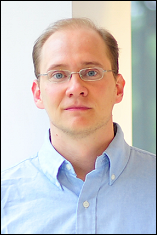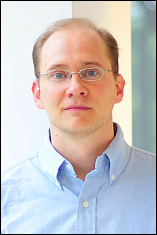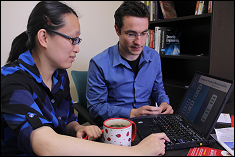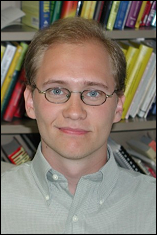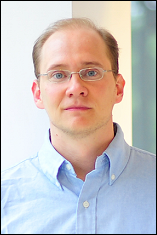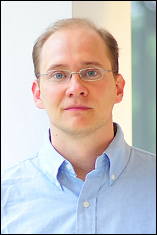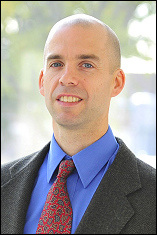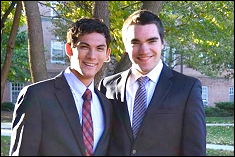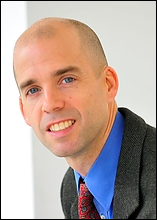News Story
Maimon, Katz Receive Joint NSF Award
Published August 19, 2014
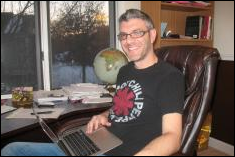
David Maimon
An interdisciplinary team from the Maryland Cybersecurity Center (MC2) will soon be visiting area coffee shops and other locations, keeping tabs on how people access and use public Wi-Fi networks.
David Maimon, an expert in online criminal behavior, and Jonathan Katz, director of MC2, will lead a National Science Foundation-funded study on the physical and social factors that can influence users’ online behavior and their potential vulnerability to cybercrime. These factors can include location, time of day, number of network users, a neighborhood’s socio-economic characteristics, and whether the network is secure or not.
The team plans to visit more than 100 locations in the state of Maryland—everything from upscale coffee shops to public libraries in disadvantaged areas—that have free Wi-Fi available. In each of those locations, they will study and characterize users’ behavior when accessing the establishment’s Wi-Fi network.
“We intend to draw upon criminological, psychological and sociological theories of user behavior, both legitimate and illegitimate, and correlate those behaviors with the physical environment,” says Maimon, an assistant professor of criminology and criminal justice in the College of Behavioral and Social Sciences.
For example, would someone be more likely to access personal banking information from a trendy coffee shop or a public library? And how might a hacker act differently if they were using public Wi-Fi in a crowded café, as opposed to an almost empty pizza place?
"We intend to draw upon criminological, psychological and sociological theories of user behavior, both legitimate and illegitimate..."
David Maimon
“What is especially unique about this project is that it draws on expertise in both behavioral sciences as well as technical aspects of cybersecurity—exactly the sort of interdisciplinary research that MC2 was established to foster,” says Katz, a professor of computer science in the College of Computer, Mathematical, and Natural Sciences.
The ultimate goal of the project, says Katz, is to develop innovative strategies, policies, and best practices for helping individuals safely and securely access public Wi-Fi networks.
The research is funded by a $215,000 EAGER grant from the National Science Foundation. EAGER awards support exploratory work in its early stages on untested, but potentially transformative, research ideas or approaches.
The Maryland Cybersecurity Center is jointly supported by the College of Computer, Mathematical, and Natural Sciences and the A. James Clark School of Engineering. It is one of 15 centers and labs in the University of Maryland Institute for Advanced Computer Studies.
-Story by Melissa Brachfeld
